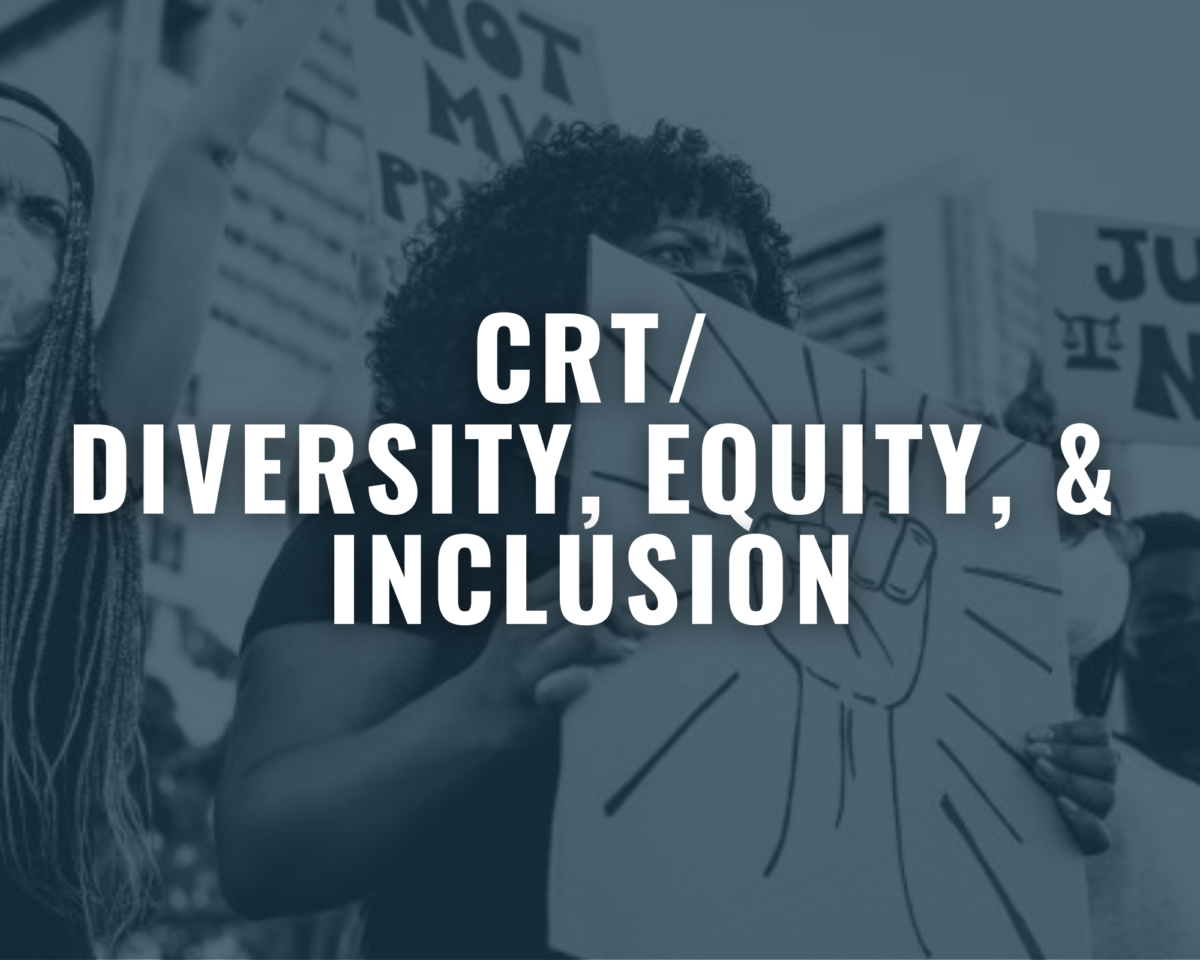What You Need to Know:
The following summary consists of bills we've highlighted that are specific to our focus, expertise, and interests, or made it to our watch list.
- To view the actual bill language or see who is sponsoring it, the bill title is linked for your convenience.
- Bills are listed in numerical order by chamber.
- The color coding for bills is as follows:
Bill statuses will be listed as follows:
- PASSED = Both chambers voted in favor (** If it has only passed one chamber, which one will be notated 'PASSED the House.').
- SIGNED = Both chambers voted in favor AND the Governor has signed the bill.
- DEFEATED = The bill did not receive enough votes in either one or both chambers.
- In COMMITTEE = The bill hasn't been heard yet, but has been filed and assigned to a particular committee.
- TABLED = The bill began the process of being heard in that committee or chamber, but was set aside to no longer be considered (** Where the bill was tabled will be notated, 'TABLED in the House.').
- On READY LIST = Passed the committee and waiting to be heard on the floor (** which chamber it is coming from will be notated 'On the Senate READY LIST.').
Critical Race Theory/ Diversity, Equity, & Inclusion
The terms ‘critical race theory’ or ‘diversity, equity, & inclusion’ are often presented in a positive light. In reality, critical race theory is a derivative of Marxism, an ideology that divides society into groups of oppressors and oppressed, and seeks to destroy the institutions of family, church or religion, and private property ownership to accomplish its goals. In critical race theory, the division of “oppressors” and “oppressed” is along racial lines, and it is often labeled as “diversity, equity, and inclusion.” Proponents of this ideology view all institutions as inherently racist, and erroneously believe, like Ibram Kendi, that “the only remedy to present discrimination is future discrimination.”
No matter how positively it is presented and where it appears, the ideology is wholly dangerous and will only cause division.
Proposed bills in this section highlight a focus on the racial aspect of policy; sometimes, these policies have noble sounding goals, but are in reality fueled by critical race theory.
**For more information and resources on CRT, check out DelawareFamilies.org/CRT**
** NEW **
Bill Status: PASSED
Arguably one of the most well known civil rights leaders of our time, Dr. Martin Luther King Jr. is annually recognized around his birthday in January. Remembering Dr. King should help to understand the dangers of critical race theory (CRT), which has been repackaged as diversity, equity, and inclusion (DEI).
He desired that we become a “nation where [his children] will not be judged by the color of their skin, but by the content of their character.” CRT/DEI says the opposite. It would have us judge every interaction by the skin color of those involved, perpetually pitting individuals against one another as oppressors and oppressed.
We would do well to remember this concept and steer clear of the Marxist propaganda that is CRT/DEI. It is divisive and quite literally thrives on conflict, rather than seeking to bring true unity and empathy.
Bill Status: In COMMITTEE
HB 315 was proposed to undo “racist” language in DelCode – specifically, references to “colored” individuals in the titles of two organizations.
A few decades ago, calling a Black American ‘colored’ wasn’t racist; it was simply the appropriate terminology of the time. In fact, this terminology is still seen in today’s vernacular; we still refer to each other by colors — white, black, person of color.
St. Michael’s Day Nursery in Wilmington, one of the organizations addressed under HB 315, cared for children with working-class parents as well as orphans, regardless of their nationality. They were a private welfare agency for which the Delaware General Assembly provided annual appropriations. This provision is listed in DelCode, mentioning the nursery by its name at the time, “St. Michael’s Day Nursery for Colored Children.” The other organization in question is the “Layton Home for Aged Colored Persons.”
HB 315 claims to be removing racist language, but in reality, it is updating the name of two organizations that once had ‘colored’ in their name. There are other organizations that HB 315 does not address – for example, the NAACP (National Association for the Advancement of Colored People).
** 2022: January - June **
Bill Status: SIGNED
SB 161 updated the division of Diversity and Inclusion in Human Resources to be called “Diversity, Equity, and Inclusion.” Notably, this change is made in the section in SB 161 that also creates a an entirely new position for Director of Training and Human Resource Solutions.
The term “Diversity, Equity, & Inclusion” may sound benign, but DEI programs have been responsible for implementing LGBTQ ideology and critical race theory in schools, organizations, and areas of government, rooted in the foundational principle of dividing society into the oppressed vs. the oppressor.
Bill Statuses: PASSED
These resolutions act as statements from both chambers that there are pay wage gaps, not just by gender but also race. It presents the statistics in a way that conveys that as accurate and in need of awareness.
Both resolutions present numbers that seem to demonstrate as problematic that black and latina women do not receive equal pay. However, the statistics given are missing important context.
For example, SCR 65 cites statistics that refer to black women making an average of 63 cents for every dollar made by white, non-Hispanic men. These numbers, however, fail to account for the simple fact that there are generally less women in highly technical and specialized career fields like STEM–and an even smaller number of Black women. It would be a problem if certain individuals are deliberately barred from having certain careers, but often, the disparity in numbers is simply reflective of the choices of each demographic – and the numbers presented in these resolutions fail to prove otherwise.
To truly present a problematic pay gap, the statistics would need to make a one-to-one comparison of Black and Latina women with other women or men in the exact same field with the exact same qualification.
Equal pay should not be the goal, but rather fair pay. Salaries ought to be determined by experience, education, the level of responsibility or danger a job requires, and other such factors – not skin color.

